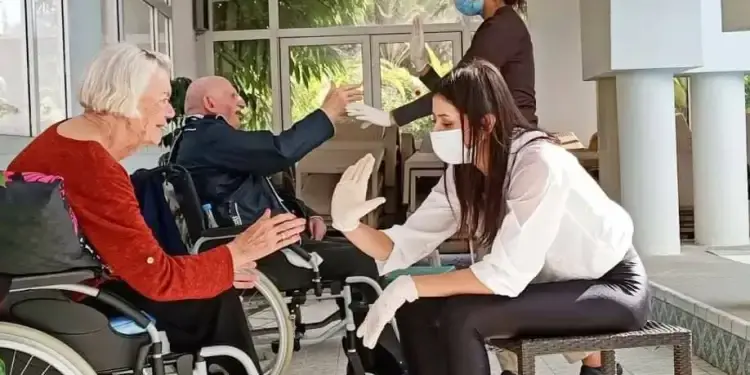In Tunisia, although the family care of the elderly remains deeply rooted in cultural traditions, the country is gradually moving towards an institutionalized model, similar to those observed in France or in the United States.
This development, dictated by demographic and socioeconomic transformations, marks a significant turning point in the Tunisian approach to aging.
By 2036, one in five Tunisian will be over 60 years old
On May 2, 2025, the Ministry of Family, Women, Childhood and Elderly organized an important working session aimed at improving the regulatory framework for senior care establishments. This initiative is part of a broader approach to adapt to the country’s demographic realities, where the elderly population now represents 14.2% of the inhabitants, against 13% in 2018. Projections indicate that this rate will reach 17% by 2029 and will be around 20% in 2036.
Our society evolves, and with it, our traditional family structures. If formerly the care of seniors was exclusively of family responsibility, today, urbanization, emigration of young people and massive entry of women on the labor market oblige to rethink this model.
The authorities stressed the importance of harmonizing procedural and sectoral approaches to update the specifications governing these establishments, as part of a collaboration between the Ministry of Family and that of health. This also aims to simplify administrative procedures and encourage private investment in this expanding sector.
38 establishments for 691 residents: a still limited network
Currently, the country has 13 public establishments welcoming 378 residents (243 men and 135 women), while the private sector manages 25 structures hosting 313 elderly people. Six new installations are under development in the regions of Kasserine, Kairouan, Jendouba, Sfax, Ariana and Siliana, testifying to the government will to extend this device.
The dependent rate of the elderly, which was 11.5% in 1966, should reach 31.8% in 2034, constituting a major challenge for Tunisian social policies. Faced with this reality, the government seeks to develop a hybrid model that preserves family values while offering quality institutional solutions.
The Tunisian approach consists in adapting these structures to the country’s cultural specificities, where the family bond remains essential, while meeting the needs of an aging population in a changing social context. This progressive evolution towards the institutionalization of care for the elderly thus marks a pragmatic adaptation to demographic challenges, while seeking to preserve the delicate balance between family tradition and social modernity.








